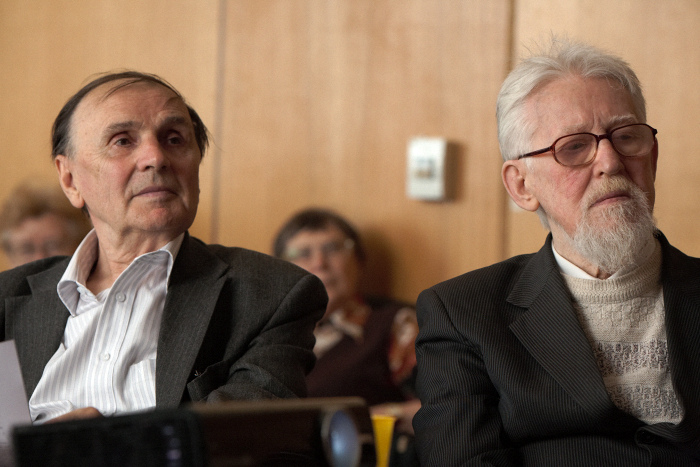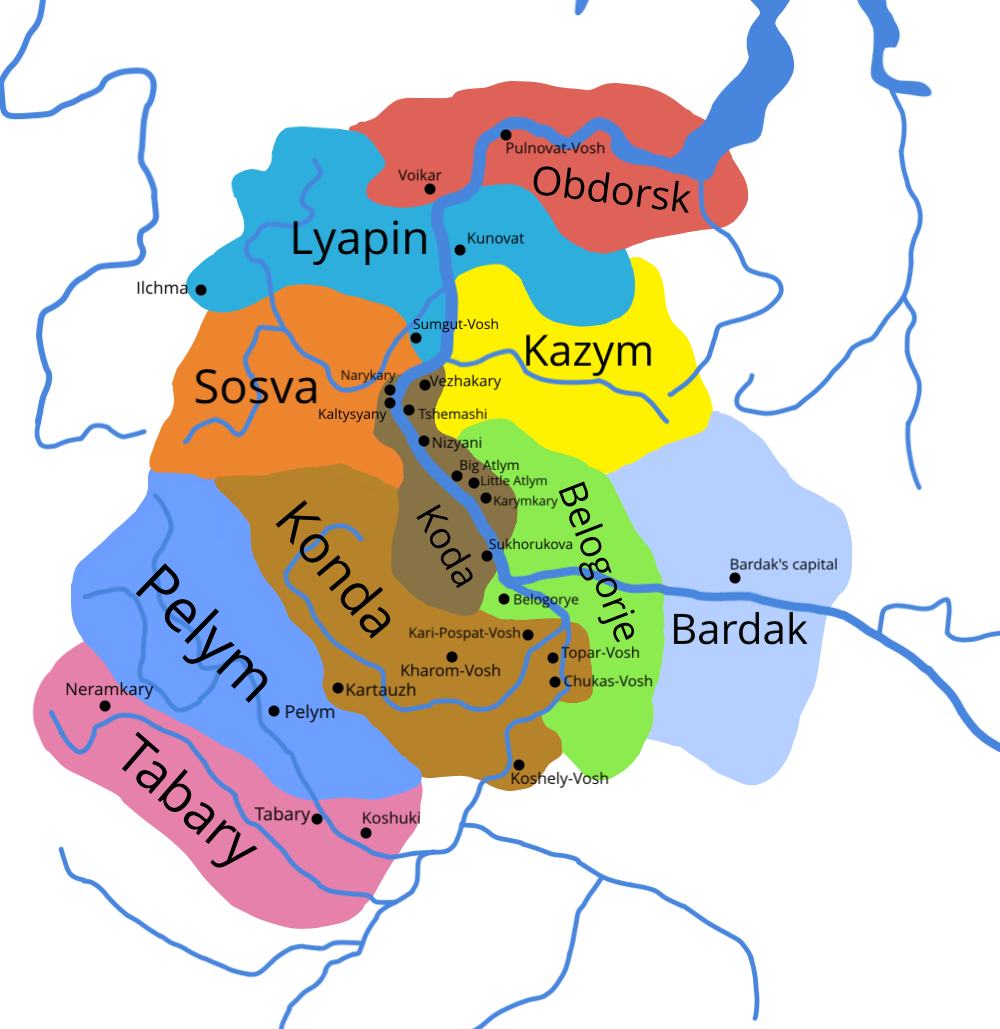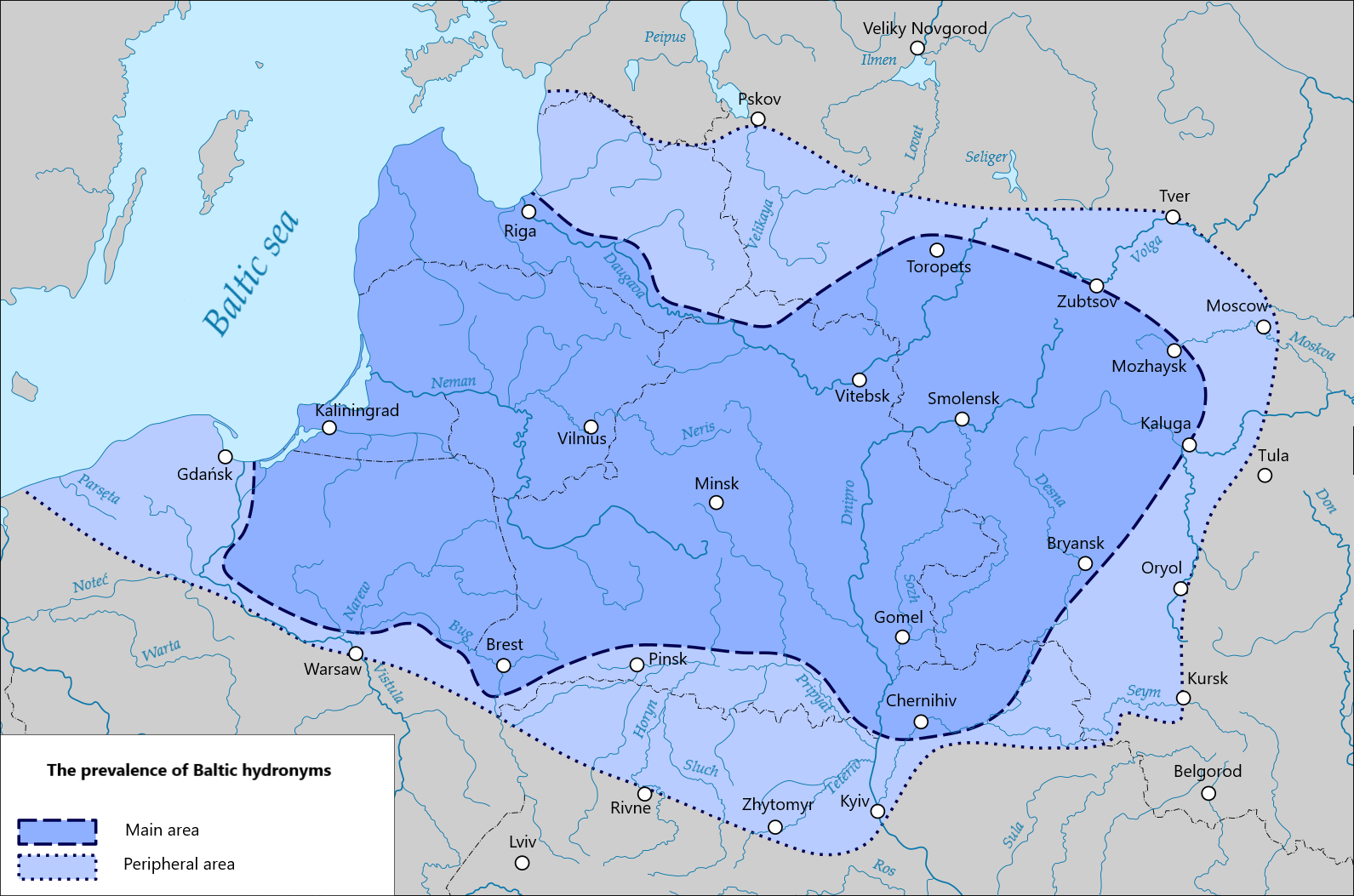|
Oğurs
The Onoghurs, Onoğurs, or Oğurs (Ὀνόγουροι, Οὔρωγοι, Οὔγωροι; Onογurs, Ογurs; "ten tribes", "tribes") were a group of Turkic nomadic equestrians who flourished in the Pontic–Caspian steppe and the Volga region between the 5th and 7th centuries, and spoke an Oghuric language. Etymology The name ''Onoğur'' is widely thought to derive from ''On-Oğur'' "ten Oğurs (tribes)". Modern scholars consider Turkic terms for tribe ''oğuz'' and ''oğur'' to be derived from Turkic ''*og/uq'', meaning "kinship or being akin to". The terms initially were not the same, as ''oq/ogsiz'' meant "arrow", while ''oğul'' meant "offspring, child, son", ''oğuš/uğuš'' was "tribe, clan", and the verb ''oğša-/oqša'' meant "to be like, resemble". The modern name of "Hungary" (see name of Hungary) is usually believed to be derived from On-Oğur (> (H)Ungari). Language The Onoghuric or Oghuric languages are a branch of the Turkic languages. Some scholars suggest H ... [...More Info...] [...Related Items...] OR: [Wikipedia] [Google] [Baidu] |
Turkic Peoples
Turkic peoples are a collection of diverse ethnic groups of West Asia, West, Central Asia, Central, East Asia, East, and North Asia as well as parts of Europe, who speak Turkic languages.. "Turkic peoples, any of various peoples whose members speak languages belonging to the Turkic subfamily...". "The Turkic peoples represent a diverse collection of ethnic groups defined by the Turkic languages." According to historians and linguists, the Proto-Turkic language originated in Central-East Asia, potentially in the Altai-Sayan region, Mongolia or Tuva.: "The ultimate Proto-Turkic homeland may have been located in a more compact area, most likely in Eastern Mongolia": "The best candidate for the Turkic Urheimat would then be northern and western Mongolia and Tuva, where all these haplogroups could have intermingled, rather than eastern and southern Mongolia..." Initially, Proto-Turkic speakers were potentially both hunter-gatherers and farmers; they later became nomadic Pastoralism, ... [...More Info...] [...Related Items...] OR: [Wikipedia] [Google] [Baidu] |
Vladimir Dybo
Vladimir Antonovich Dybo (; 30 April 1931 – 7 May 2023) was a Soviet and Russian linguist, Doctor Nauk in Philological Sciences (1979), Professor (1992), Academician of the Russian Academy of Sciences (2011). A specialist in comparative historical linguistics and accentology, he was well-known as one of the founders of the Moscow School of Comparative Linguistics. Biography Dybo graduated from the Department of Russian language and Literature of the Faculty of History and Philology of State University of Gorky (1954) and undertook postgraduate studies at the department of common and comparative linguistics of the Faculty of Philology of Moscow State University. From 1958, he worked at the Institute for Slavic Studies of the USSR Academy of Sciences (RAS): senior scientific and technical research fellow, junior research fellow, senior research fellow, leading research fellow. In addition, he was the chief researcher at the Department of Slavic Linguistics. In 1962, h ... [...More Info...] [...Related Items...] OR: [Wikipedia] [Google] [Baidu] |
Ugrians
Yugra or Yugor Land (; also spelled ''Iuhra'' in contemporary sources) was a collective name for lands and peoples in the region east of the northern Ural Mountains in modern Russia given by Russian chroniclers in the 12th to 17th centuries. During this period, the region was inhabited by the Khanty (Ostyaks) and Mansi (Voguls) peoples. In a modern context, the term ''Yugra'' generally refers to a political constituent of the Russian Federation formally known as Khanty-Mansi Autonomous Okrug–Yugra, located in the lands historically known as Ioughoria. In modern Russian, this word is rendered "Югория" (''Yugoria''), and is used as a poetic synonym of the region. At the beginning of the 16th century, the similarity between ''Yugria'' (the latinized form of the name) and ''ugry'', an old Russian ethnonym for the Hungarians, was noted by scholars such as Maciej Miechowita. The modern name of the Ugric language family, which includes Khanty and Mansi together with ... [...More Info...] [...Related Items...] OR: [Wikipedia] [Google] [Baidu] |
Lithuanian Language
Lithuanian (, ) is an East Baltic languages, East Baltic language belonging to the Baltic languages, Baltic branch of the Indo-European language family. It is the language of Lithuanians and the official language of Lithuania as well as one of the official languages of the European Union. There are approximately 2.8 million native Lithuanian speakers in Lithuania and about 1 million speakers elsewhere. Around half a million inhabitants of Lithuania of non-Lithuanian background speak Lithuanian daily as a second language. Lithuanian is closely related to neighbouring Latvian language, Latvian, though the two languages are not mutually intelligible. It is written in a Latin script. In some respects, some linguists consider it to be the most conservative (language), conservative of the existing Indo-European languages, retaining features of the Proto-Indo-European language that had disappeared through development from other descendant languages. History Among Indo-European languag ... [...More Info...] [...Related Items...] OR: [Wikipedia] [Google] [Baidu] |
Poland
Poland, officially the Republic of Poland, is a country in Central Europe. It extends from the Baltic Sea in the north to the Sudetes and Carpathian Mountains in the south, bordered by Lithuania and Russia to the northeast, Belarus and Ukraine to the east, Slovakia and the Czech Republic to the south, and Germany to the west. The territory has a varied landscape, diverse ecosystems, and a temperate climate. Poland is composed of Voivodeships of Poland, sixteen voivodeships and is the fifth most populous member state of the European Union (EU), with over 38 million people, and the List of European countries by area, fifth largest EU country by area, covering . The capital and List of cities and towns in Poland, largest city is Warsaw; other major cities include Kraków, Wrocław, Łódź, Poznań, and Gdańsk. Prehistory and protohistory of Poland, Prehistoric human activity on Polish soil dates to the Lower Paleolithic, with continuous settlement since the end of the Last Gla ... [...More Info...] [...Related Items...] OR: [Wikipedia] [Google] [Baidu] |
Czechoslovakia
Czechoslovakia ( ; Czech language, Czech and , ''Česko-Slovensko'') was a landlocked country in Central Europe, created in 1918, when it declared its independence from Austria-Hungary. In 1938, after the Munich Agreement, the Sudetenland became part of Nazi Germany, while the country lost further territories to First Vienna Award, Hungary and Trans-Olza, Poland (the territories of southern Slovakia with a predominantly Hungarian population to Hungary and Zaolzie with a predominantly Polish population to Poland). Between 1939 and 1945, the state ceased to exist, as Slovak state, Slovakia proclaimed its independence and Carpathian Ruthenia became part of Kingdom of Hungary (1920–1946), Hungary, while the German Protectorate of Bohemia and Moravia was proclaimed in the remainder of the Czech Lands. In 1939, after the outbreak of World War II, former Czechoslovak President Edvard Beneš formed Czechoslovak government-in-exile, a government-in-exile and sought recognition from the ... [...More Info...] [...Related Items...] OR: [Wikipedia] [Google] [Baidu] |
Slovene Language
Slovene ( or ) or Slovenian ( ; ) is a South Slavic languages, South Slavic language of the Balto-Slavic languages, Balto-Slavic branch of the Indo-European languages, Indo-European language family. Most of its 2.5 million speakers are the inhabitants of Slovenia, the majority of them ethnic Slovenes. As Slovenia is part of the European Union, Slovene is also one of its 24 Languages of the European Union, official and working languages. Its grammar is highly fusional languages, fusional, and it has a Dual (grammatical number), dual grammatical number, an archaic feature shared with some other Indo-European languages. Two accentual norms (one characterized by Pitch-accent language, pitch accent) are used. Its flexible word order is often adjusted for emphasis or stylistic reasons, although basically it is an subject–verb–object word order, SVO language. It has a T–V distinction: the use of the V-form demonstrates a respectful attitude towards superiors and the elderly, ... [...More Info...] [...Related Items...] OR: [Wikipedia] [Google] [Baidu] |
Russian Language
Russian is an East Slavic languages, East Slavic language belonging to the Balto-Slavic languages, Balto-Slavic branch of the Indo-European languages, Indo-European language family. It is one of the four extant East Slavic languages, and is the native language of the Russians. It was the ''de facto'' and ''de jure'' De facto#National languages, official language of the former Soviet Union.1977 Soviet Constitution, Constitution and Fundamental Law of the Union of Soviet Socialist Republics, 1977: Section II, Chapter 6, Article 36 Russian has remained an official language of the Russia, Russian Federation, Belarus, Kazakhstan, Kyrgyzstan, and Tajikistan, and is still commonly used as a lingua franca in Ukraine, Moldova, the Caucasus, Central Asia, and to a lesser extent in the Baltic states and Russian language in Israel, Israel. Russian has over 253 million total speakers worldwide. It is the List of languages by number of speakers in Europe, most spoken native language in Eur ... [...More Info...] [...Related Items...] OR: [Wikipedia] [Google] [Baidu] |
Belarusian Language
Belarusian (, ) is an East Slavic languages, East Slavic language. It is one of the two Languages of Belarus, official languages in Belarus, the other being Russian language, Russian. It is also spoken in parts of Russia, Lithuania, Latvia, Poland, Ukraine, and the United States by the Belarusian diaspora. Before Belarus Dissolution of the Soviet Union, gained independence in 1991, the language was known in English language, English as ''Byelorussian'' or ''Belorussian'', or alternatively as ''White Russian''. Following independence, it became known as ''Belarusian'', or alternatively as ''Belarusan''. As one of the East Slavic languages, Belarusian shares many grammatical and lexical features with other members of the group. To some extent, Russian, Ukrainian language, Ukrainian, and Belarusian retain a degree of mutual intelligibility. Belarusian descends from a language generally referred to as Ruthenian language, Ruthenian (13th to 18th centuries), which had, in turn, descend ... [...More Info...] [...Related Items...] OR: [Wikipedia] [Google] [Baidu] |
Hungarians
Hungarians, also known as Magyars, are an Ethnicity, ethnic group native to Hungary (), who share a common Culture of Hungary, culture, Hungarian language, language and History of Hungary, history. They also have a notable presence in former parts of the Kingdom of Hungary. The Hungarian language belongs to the Ugric languages, Ugric branch of the Uralic languages, Uralic language family, alongside the Khanty languages, Khanty and Mansi languages, Mansi languages. There are an estimated 14.5 million ethnic Hungarians and their descendants worldwide, of whom 9.6 million live in today's Hungary. About 2 million Hungarians live in areas that were part of the Kingdom of Hungary before the Treaty of Trianon in 1920 and are now parts of Hungary's seven neighbouring countries, Hungarians in Slovakia, Slovakia, Hungarians in Ukraine, Ukraine, Hungarians in Romania, Romania, Hungarians in Serbia, Serbia, Hungarians of Croatia, Croatia, Prekmurje, Slovenia, and Hungarians in Austria, Aust ... [...More Info...] [...Related Items...] OR: [Wikipedia] [Google] [Baidu] |
Peter Benjamin Golden
Peter Benjamin Golden (born 1941) is an American professor emeritus of History, Turkish and Middle Eastern Studies at Rutgers University. He has written many books and articles on Turkic peoples, Turkic and Central Asian studies, such as ''An introduction to the history of the Turkic peoples''. Golden grew up in New York and attended High School of Music & Art, Music & Art High School. He graduated from City University of New York, CUNY Queens College, City University of New York, Queens College in 1963, before obtaining his Master of Arts, M.A. and Doctor of Philosophy, Ph.D. in History from Columbia University in 1968 and 1970, respectively. Golden also studied at the School of Language and History – Geography, Dil ve Tarih – Coğrafya Fakültesi (School of Language and History – Geography) in Ankara from 1967 to 1968. He taught at Rutgers University from 1969 until his retirement in 2012. He was Director of the Middle Eastern Studies Program at Rutgers from 2008 to 2011. ... [...More Info...] [...Related Items...] OR: [Wikipedia] [Google] [Baidu] |




